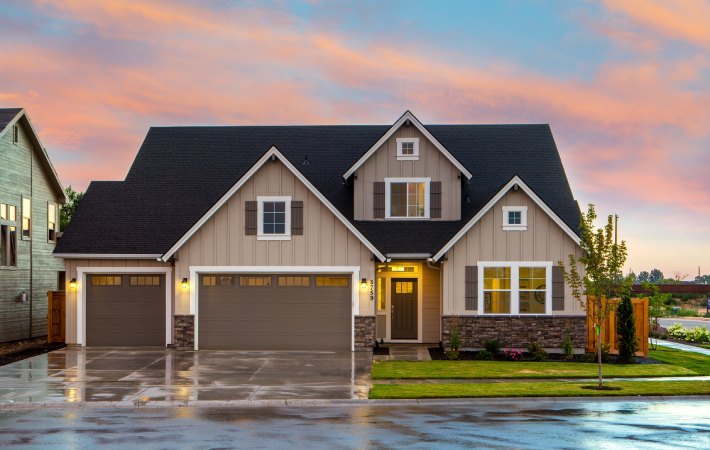
Is Too Much Humidity Bad For Your House?
Photo by Binyamin Mellish from Pexels
While not all Americans struggle with humidity in their homes, it's something most of the United States has to deal with in the summertime. But is humidity bad for your house?
The short answer is yes. Here's why:
Why Humidity is Bad for Your Home… and Health
Most of us don't remember much from our biology or chemistry classes in high school. But you might recall that a lot of organisms tend to thrive in moist, wet areas. Water gives these creatures what they need to not only survive but reproduce and thrive.
Mold and mildew love moisture, so it's important to deprive them of it. When the air is kept under 60% humidity, they generally struggle to survive because there isn't enough water in the air to sustain them.
That changes when you go over the threshold of 60%. Past that point, mold and mildew are able to survive and multiply. While they usually don't spread quickly, having any growing in your home at all can lead to a bad situation.
That's why the EPA recommends keeping your humidity at less than 60%. Ideally, though, it will be between 30% to 50% to prevent any potential problems.
What Happens if Your Home Has High Humidity?
Let's say you didn't know that humidity is a bad thing, and you haven't been actively trying to keep it down. Over time, here are a few things that can happen:
- As we already discussed, mold and mildew grow in moist environments. This has been shown to affect children's asthma. As you can imagine, it's not doing any favors for adults and their allergies, either.
- Wood can be damaged if it's exposed to a very humid house for a long period of time. Hardwood floors, window frames, furniture, etc.
- Have you ever seen paint or wallpaper peeling off walls? That may be from excessive humidity.
Don't push it – it's not worth it. There are several ways you can ensure these levels stay at a comfortable, healthy percentage for both your family's health and home's stability.
How to Manage House Humidity
If you aren't sure if your house is humid or not, the cheapest thing you can do is buy an inexpensive device that tells humidity and temperature.
If you're fairly certain your house is humid, you can move onto the next step: lowering humidity.
Here are 3 ways you can lower humidity:
- Run your air conditioner. Yes, you're probably already doing this to keep your house cool. But did you know it's also lowering the overall humidity of the home?
- Get a dehumidifier. You have two options here: you can either get a small, portable one or have one installed. These are great because they only have 1 job, which is to get the humidity out of the air.
- Use exhaust fans. Some newer homes and apartments have a timer on the shower exhaust fan. The builder does this because it forces the fan to run for a set amount of time, getting a lot of the moist air out of the shower – and out of your home. The fan over your oven – assuming it actually ventilates outside – can help get rid of moist air in the kitchen when cooking.
Additionally, avoid leaving doors or windows open. Microscopic mold and mildew particles will come right into your home and settle in!
Enjoy Your Home with Peace of Mind
Even though humidity is bad for your home, you shouldn't let it scare you. With a little time and effort, you can effectively keep your home healthy and comfortable. Once you're ready to buy your next home, let us know!

